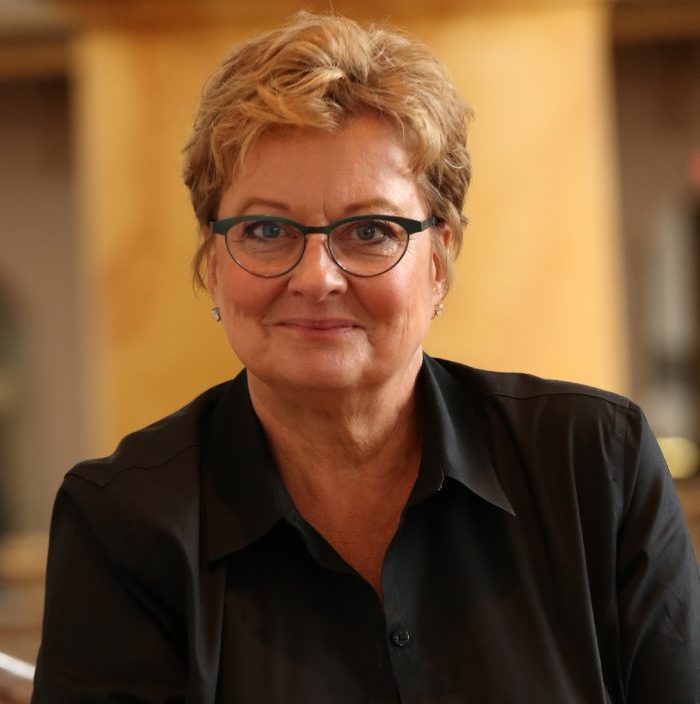Lessons Learned from Six Years at CDP
In my final blog, I wanted to share a few parting “lessons learned” and reflect on my time here at the Center for Disaster Philanthropy (CDP). Those six years flew by! I went to dozens of communities and met hundreds of amazing survivors. I will carry all of you and those memories in my heart […]
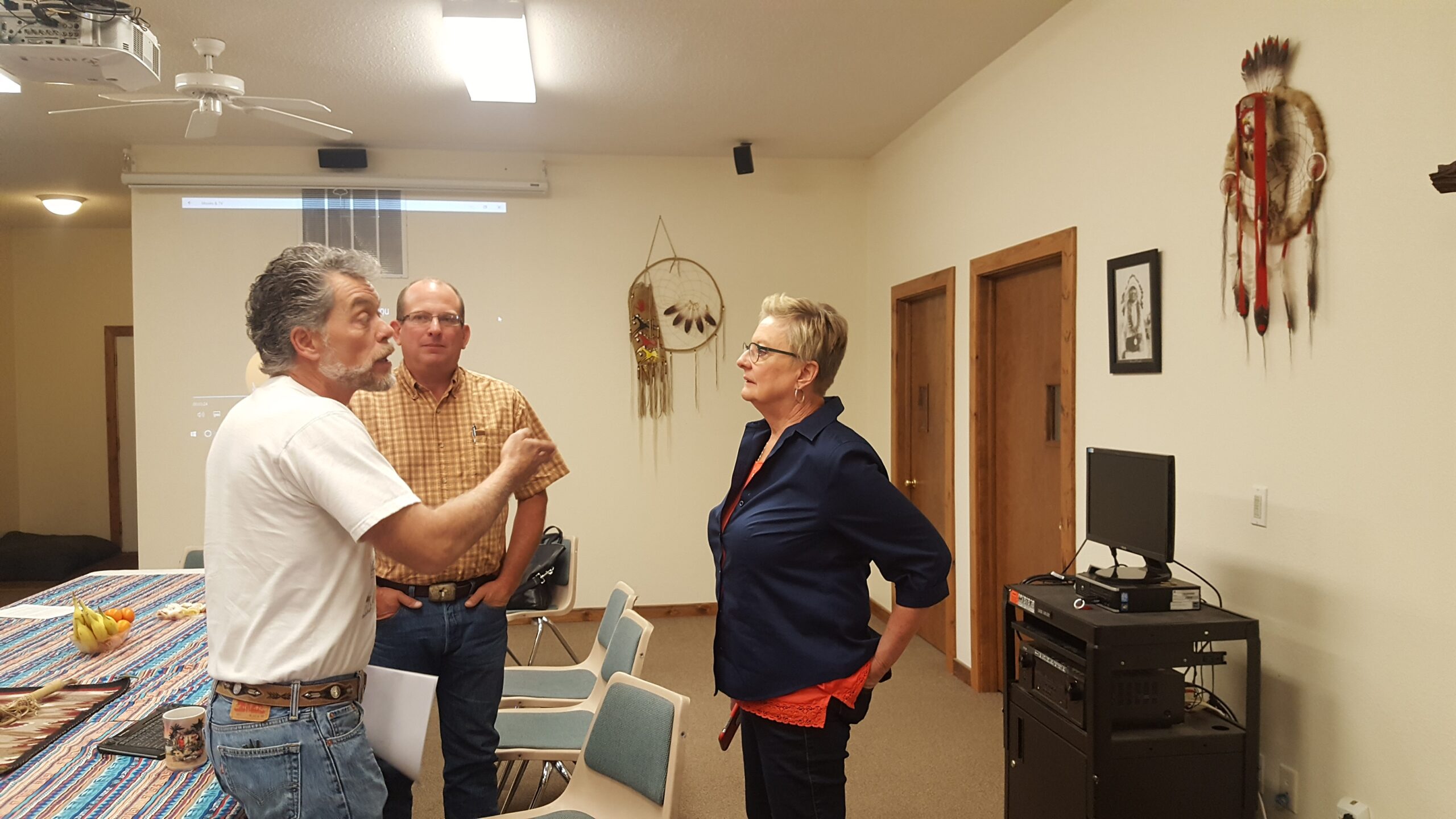
In my final blog, I wanted to share a few parting “lessons learned” and reflect on my time here at the Center for Disaster Philanthropy (CDP). Those six years flew by! I went to dozens of communities and met hundreds of amazing survivors. I will carry all of you and those memories in my heart forever.
It has been an honor to serve next to Regine and the entire CDP team. Their passion for motivating funders to engage in disaster recovery work has been a joy to witness and evidenced by CDP’s inclusion in this year’s CNN’s Heroes. Wow!
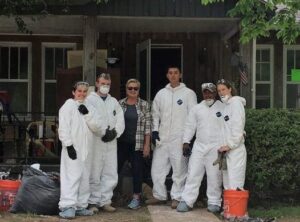
I loved my work, but it was also an education in the inequity of the distribution of resources and our unwillingness to ensure that all communities are provided the same access to preparedness and recovery resources. There is much that has been left undone.
But that is not all I have learned! I learned from all of you that there is an amazing contingent of battle-ready individuals and organizations working day and night tirelessly to make sure no one is left behind. You have been my inspiration, and I am grateful to each and every one of you who walked with me on this journey.
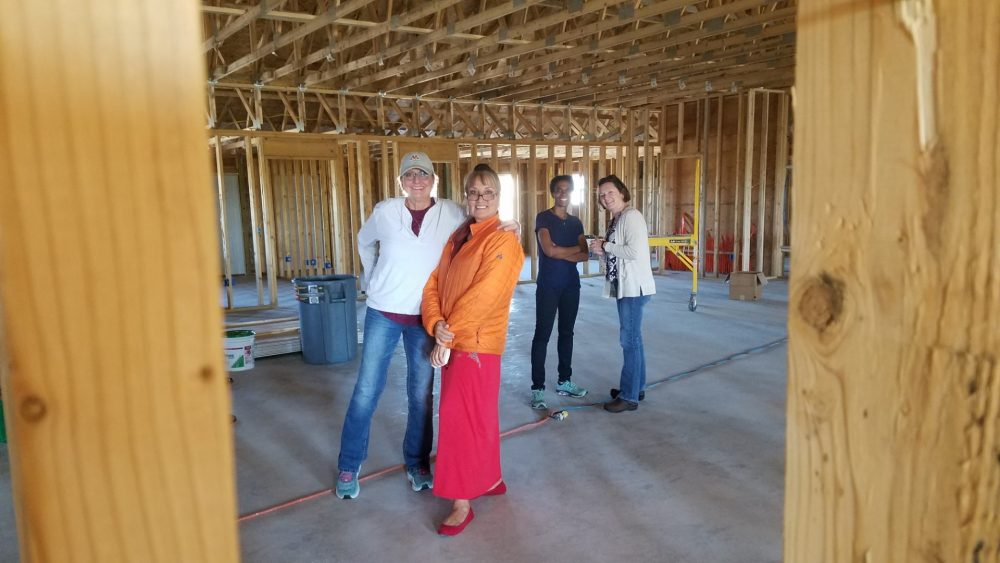
I wish I could say I have figured it out. It would be great if I could end this blog with the solutions to our problems. But I cannot. Recovery is complicated. Messy. Undefinable. A moving target. But I can give you some advice, much of which I learned the “hard way.”
Here are five things I would like to leave you with:
- Leadership matters. Good local leadership is the difference between a successful recovery or one that divides a community and leaves its community in “recovery turmoil.” Let me be clear: There is no substitute for local. CDP cannot provide that, but we can elevate and support local leaders and provide them with the tools and support they need to be successful.
- It’s not about you but the people we are called to serve. Why do we compete with each other? To what end? Isn’t there enough need that we do not need to worry about what other agencies/groups are doing? Pray for them to be successful and move on. We need all-hands-on-deck. We need to encourage others to participate, not discourage them because they may have a different approach than you or your organization.
- Be a blessing, not a burden. How many times have I gone to a community and there are people there who truly want to help, but want to do “what they do” instead of asking the community what they need. Ask, listen and respond by filling a need identified by the community.
- Peddle hope. Hope is what is so often missing in a community when recovery workers show up. Everyone thought things would be better by now. Hope matters. Hope is a choice. Hope can be learned. Hope can be shared with others. We need to be peddlers of hope!
- Dreamers vs. Doers. I read once there are two kinds of people in the world: “dreamers and doers. But what the world really needs is dreamers that ‘do.’” In a world full of subject matter experts, what we really need is more workers in the field, more feet on the ground, more people engaged in meeting needs, listening to the challenges and partnering with others to solve complex problems.
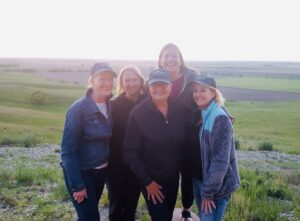 2020 has probably been the most difficult year I have witnessed in my 68 years. This is a time for creative solutions, problem solvers, doers of the good. I leave my role here at CDP with confidence the solutions are in all of us. I know that because I had the honor of meeting all of you, I have been a witness to the miracles you have performed in so many communities across this country. I am forever in your debt!
2020 has probably been the most difficult year I have witnessed in my 68 years. This is a time for creative solutions, problem solvers, doers of the good. I leave my role here at CDP with confidence the solutions are in all of us. I know that because I had the honor of meeting all of you, I have been a witness to the miracles you have performed in so many communities across this country. I am forever in your debt!
I wish you all a very Merry Christmas and the hope for a better year ahead.
More like this
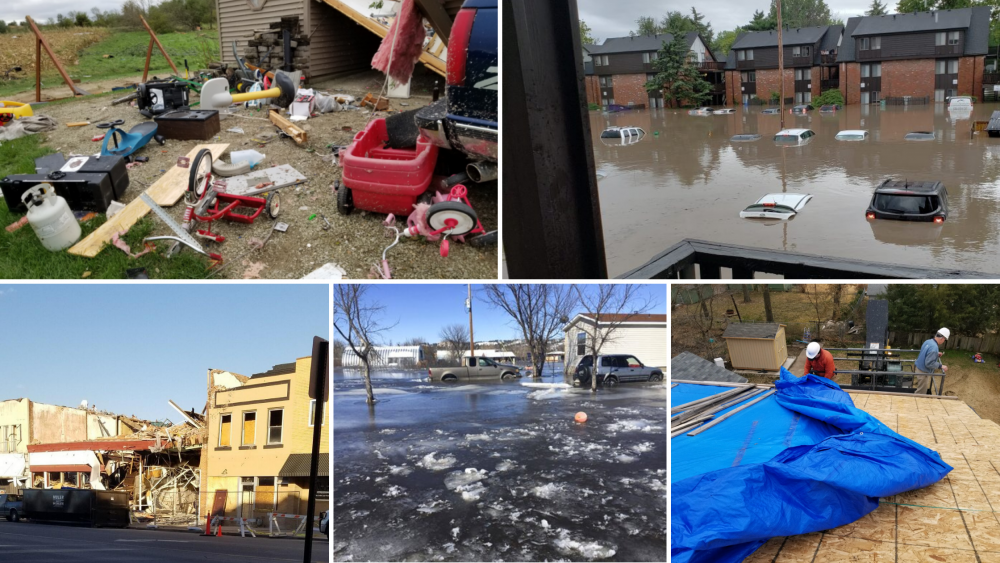
Lessons in data-driven disaster recovery

